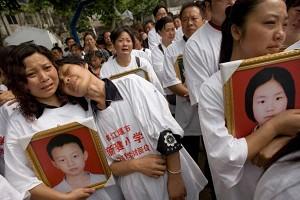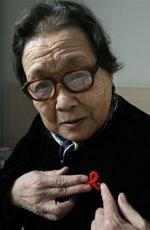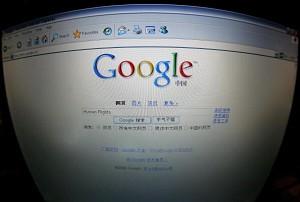In a recent announcement, China’s General Administration of Press and Publication banned eight books exposing scandals. Among the books was I Object: The Story of a Representative in the National People’s Congress , an autobiography by Yao Lifa, former representative of Hubei Province in the National People’s Congress (NPC).
Accompanied by Ma Jian, a Chinese writer who lives in the U.K., Mr. Yao was interviewed by Radio Free Asia to comment on the ban.
Reporter: Mr. Yao, would you please tell us why your autobiography is banned?
Yao: It is because of the content. The book exposes the true nature of China’s “grassroots democracy”: Chinese citizens have no right to vote at all. Everything about grassroots democracy in China is fabricated. The Chinese communist regime is just exploiting democracy, using it as a tool. The book also describes how a person should exercise his power to supervise the government once he becomes a representative. The first appendix is “How to Run an Election Campaign for a Representative to the NPC.” The second appendix is a survey that reveals the general public’s expectations of what the representatives should say and do when the NPC is assembled in 2007.
Reporter: Mr. Ma, would you like to comment on what has happened to Mr. Yao?
Ma: I was doing business in publications in Beijing and Shenzhen during the 1990s. I had plenty of similar experiences. Publications were banned quite often. I remember I did an interview with an elderly man in Hangzhou Province on the book titled I Am Mao Anlong—Son of Mao Zedong . The book was banned immediately after its publication.
Reporter: The most obvious commonality between the eight books is that they are true, personal accounts that occurred in the past several decades. Do you think that the ban is consistent with the Chinese communist regime’s policy that prohibits people from reconnecting with the past?
Ma: The Chinese Communist Party has been concerned about people’s awareness of the past. Therefore, the regime pours a lot of money into its Central Propaganda Department and the State Administration of Press and Publication to control people’s thoughts. As soon as people know the truth, they will learn from history, become wiser, and establish their own judgments and conclusions. This is a very serious threat to the Chinese Communist Party. I think they pay little attention to works of literature as genuine art. But whenever the works touch upon any social movement that occurred after the Chinese Communist Party came to power, they are scrutinized and even banned. I think the regime simply doesn’t want you to understand or remember occurrences that happened just last year.
Reporter: Mr. Yao, can they really ban your book when the Internet has become so popular nowadays?
Yao: What they did actually exposes the reactionary facet of the regime. After the book was banned, my blog and e-mail account were both blocked.
Ma: I think political threatening is the name of the game here. The head of the publishing house was also replaced, though he may find a similar position at another publishing house, so it should not present too difficult a problem. The most obvious statement about such a replacement is that of political threatening—it tells everyone that what you do and what you think are all under the regime’s surveillance even though we are in the era of the Internet. I made a speech to the students at the East China Normal University in Shanghai last year. A lot of them claimed they knew everything about the world. However, they knew nothing about many of the subjects I mentioned. For example, none of them had ever visited a website developed in traditional Chinese characters. This means their Internet surfing is restricted to simplified Chinese characters of websites within China only. Therefore, their thoughts are confined within the limits deemed acceptable by the officials. In the long run, I think the results will be terribly dreadful.



